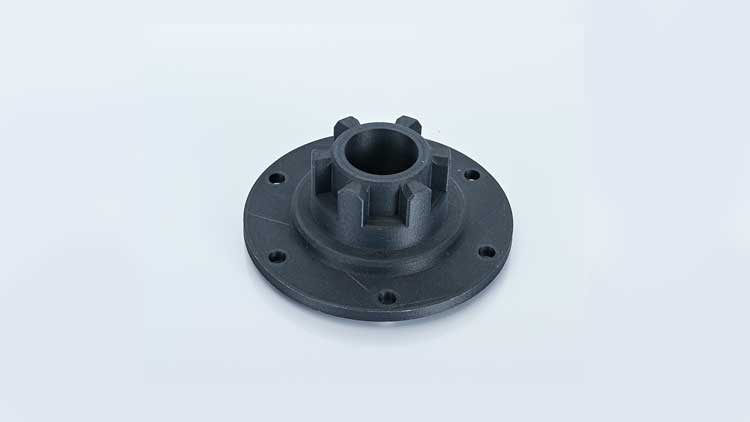The field of medicine has enormous potential for the fast developing 3D printing technology known as fused deposition modeling (FDM). A biocompatible high-performance polymer that can be utilized to make orthopedic and dental implants is polyether-ether-ketone (PEEK).

FDM-printed PEEK and its composites’ mechanical characteristics and biocompatibility, however, are still unknown. In this study, FDM printing of pure PEEK and carbon fiber reinforced PEEK (CFR-PEEK) composite was successful, and the materials were then mechanically tested to determine their characteristics.
Also, the sample surfaces were altered using sandblasting and polishing techniques to study how surface topography and roughness affect cell adherence and overall biocompatibility (cytotoxicity). The findings showed that the printed pure PEEK samples were significantly outperformed by the printed CFR-PEEK samples in terms of general mechanical strengths (even though there was no statistical difference in compressive strength). The biocompatibility of PEEK and CFR-PEEK materials was good both with and without surface modification.

The “as-printed” PEEK and CFR-PEEK sample surfaces had cell densities that were noticeably higher than those of the equivalent polished and sandblasted samples. The FDM-printed CFR-PEEK composite thus shows potential as a biomaterial for bone grafting and tissue engineering applications since it has the necessary mechanical capabilities.
